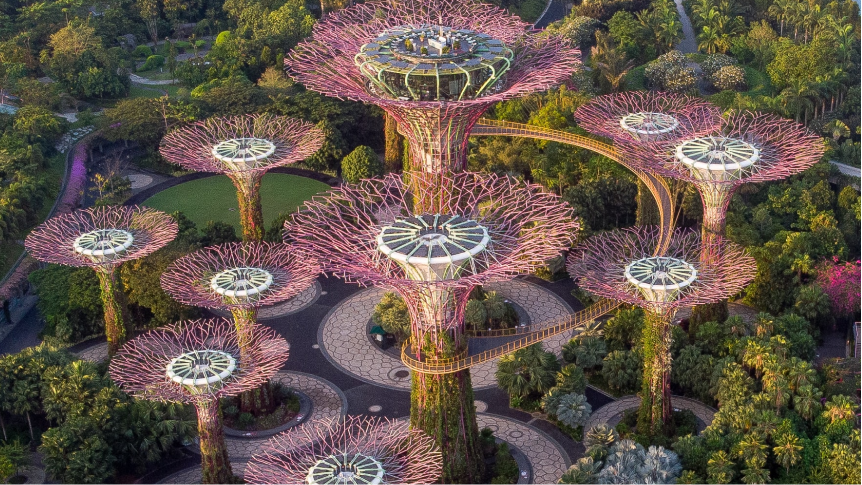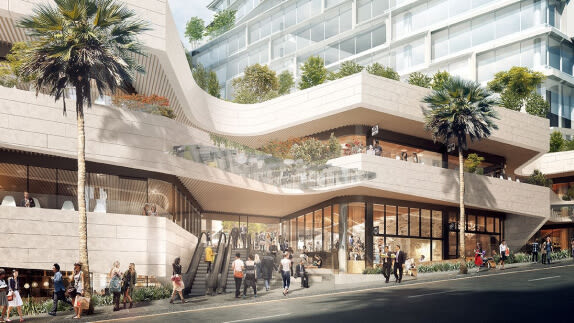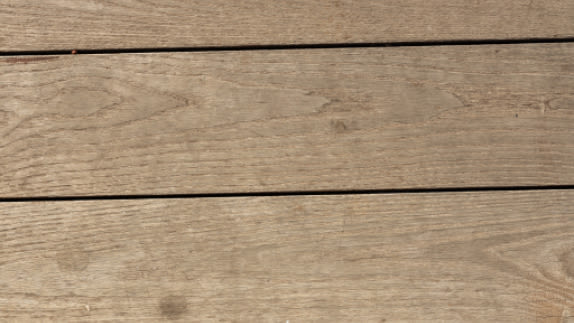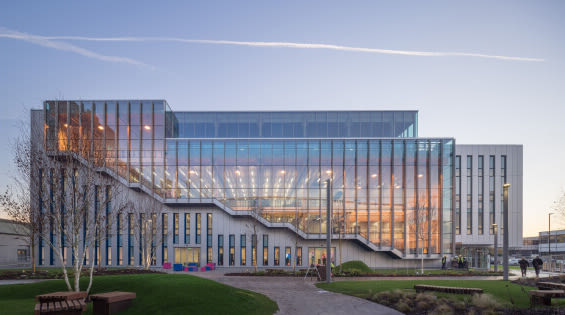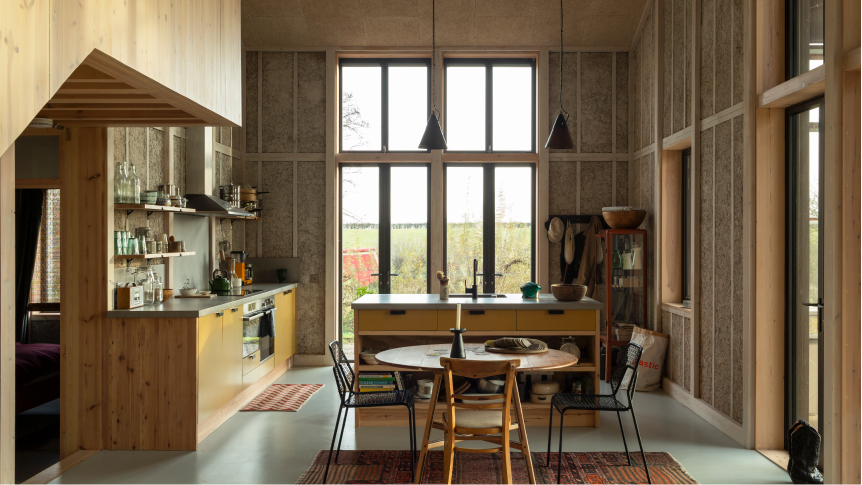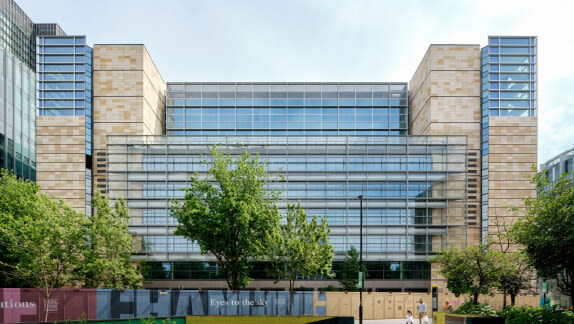This page is part of The Nature Imperative: How the circular economy tackles biodiversity loss paper, where we delve deeper into the fundamental contribution the circular economycircular economyA systems solution framework that tackles global challenges like climate change, biodiversity loss, waste, and pollution. It is based on three principles, driven by design: eliminate waste and pollution, circulate products and materials (at their highest value), and regenerate nature. can make to halting and reversing biodiversity loss. Explore more insights by browsing the full paper.
Leaving room for biodiversity by reducing pressures on natural resources
The built environment currently operates under a take-make-waste model that puts significant pressure on biodiversity. A circular economy for the built environment offers a comprehensive system-level approach to transform the way we source materials, build infrastructure, and use assets.
By planning for compact and biodiverse urban environments that optimise space, the sector can leave room for nature to thrive within and beyond urban areas. Keeping buildings and materials in use reduces the need for new construction and material extraction, thereby limiting the associated negative impacts on biodiversity. Where new materials are needed, switching to renewable materialsrenewable materialsMaterials that are continually replenished at a rate equal to or greater than the rate of depletion. produced regeneratively can help the sector actively rebuild biodiversity and safeguard the health of ecosystems.
Biodiversity and built environment case studies
Examples of companies adopting practices for regenerative outcomes
Explore more
Dive deeper into biodiversity and the built environment by exploring the sector deep dive.

